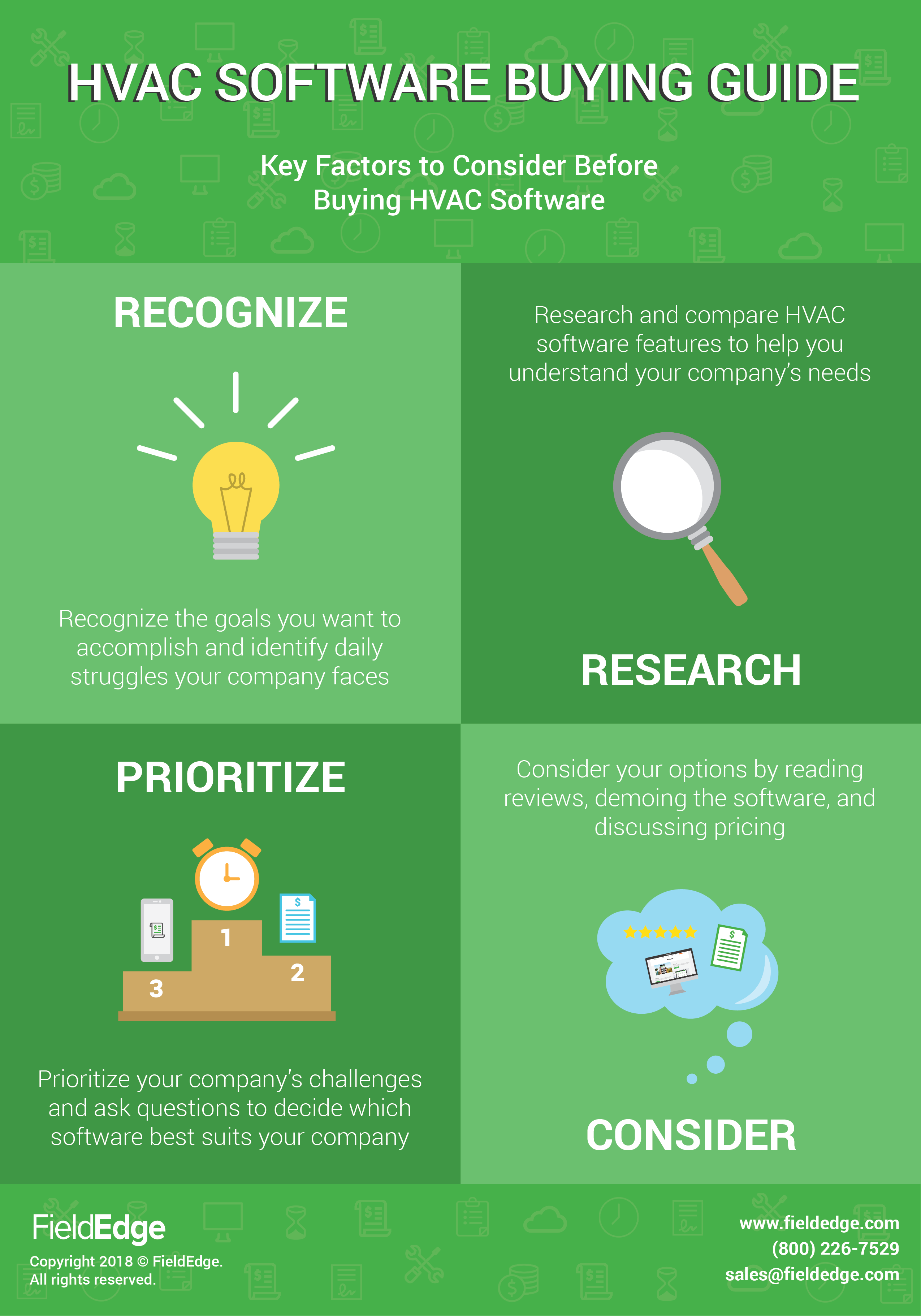Heat Pump Vs Heater - Which Is The Better Home Heating Choice For Your Home?
Heat Pump Vs Heater - Which Is The Better Home Heating Choice For Your Home?
Blog Article
Web Content Develop By-Ashworth Neumann
Several home owners are familiar with heaters, which warm homes with oil or natural gas and press hot air with ductwork. They are reasonably inexpensive and can provide trusted home heating also throughout a wintertime power outage.
Nevertheless, heat pump install chch make use of nonrenewable fuel sources and create carbon monoxide and various other air contamination. They also aren't as energy-efficient as a high-efficiency heatpump.
Cost
Generally, heat pumps are much more affordable to operate than heaters. They commonly utilize power and refrigerant to remove heat from exterior air, and then transfer it right into your home. You can take advantage of more affordable electrical power rates throughout off-peak hours to further lower your home heating costs.
Unlike heatpump, gas or wood-burning heating systems utilize combustion to generate heat, producing flue gases into the atmosphere that can be unsafe to your health. These heaters are likewise much less energy-efficient than heat pumps, and their greater operating costs can add up gradually.
Heating systems are extra complicated than heatpump and require routine maintenance to guarantee the appropriate feature of all parts. In spite of this, they have a tendency to last longer than heatpump with a common life expectancy of 20 years or even more. Nevertheless, you'll require to factor in the cost of gas, fuel oil or wood and the additional tools required for installment and operation such as air ducts and ventilation systems.
Energy Performance
Heatpump have a higher energy effectiveness score than heating systems. These systems use electrical energy to feed on heat from the air, also in freezing temperatures. They can additionally eliminate excess warmth from the home throughout warmer months and reuse it to cool the system. copyright professionals can assist you identify the best design for your online on environment and source energy costs.
Heaters burn fuel oil, gas, natural gas or various other sorts of fossil fuel to heat the air in the home. This air is then spread via ductwork making use of a big follower. Heating systems create greenhouse gases and require routine upkeep and devices upgrades to make sure secure operation.
The most significant advantage of a furnace is that it can be run even in harsh winter problems because it does not depend on exterior temperature levels to warm the air. Heating systems also have a longer lifespan than heat pumps and generally last 15 years. They can additionally be paired with dual fuel choices, which select the most efficient home heating alternative based upon the climate.
Environment
Heat pumps work well in moderate environments and utilize less source power than heating systems. Nevertheless, if your region is extremely cold, you might require to purchase a standard gas heating system instead.
Heaters provide cozy, comfortable warmth and usually supply fast heating to raise indoor temperatures. These systems can be utilized with a selection of fuel kinds, including gas, lp, oil or electricity.
They take in extra power than heat pumps-- up to 3x as much-- and need ductwork that's costly to install or retrofit. They're also a lot more costly to keep, as they can cause air high quality concerns and produce greenhouse gas exhausts.
If you're dedicated to decreasing your carbon impact, a heatpump is a great choice for your home. They have fewer greenhouse gas exhausts than heaters, particularly if you select an ENERGY STAR ® heatpump. Your neighborhood Service provider specialist can discuss the distinctions in between these two heating systems and assist you make the best decision for your unique needs.
daniel cooper christchurch can be very energy reliable when powered by natural gas, lp or oil, yet they aren't as energy effective as heatpump in freezing climates. They can additionally be a lot more pricey to mount, requiring gas lines and ventilation systems.
Nonetheless, heaters often tend to call for less maintenance, which can cause reduced recurring costs. They generate fewer greenhouse gases and are extra dependable than heat pumps throughout extreme weather.
Electric heatpump are more flexible in developing interior comfort because they can additionally work as a/c unit during warmer months. https://nysenewsroom.com/uncategorized/109485/qatar-facility-management-market-2021-by-key-players-types-applications-countries-market-size-forecast-to-2030/ can be more convenient to maintain, needing just routine air filter modifications and periodic vacuuming.
If you choose the benefit of a solitary system that does it all, think about a crossbreed home heating solution that pairs a furnace with an electrical heatpump. https://franciscoysnhc.blog-ezine.com/29412909/unmasking-common-myths-and-misconceptions-about-warm-pumps can immediately switch over in between both heating choices based upon your home's needs and temperature level problems, optimizing efficiency and financial savings.